Why is Skin Care So Important?
The result will shock you!
When it comes to skincare, we tend to think of it as simply a way to improve our physical appearance. But what if I told you that taking care of your skin could also have a significant impact on your heart health? It may seem like a stretch, but there is actually a strong link between the two.
The co-relation between a person’s skin and heart health
At first glance, the connection between skincare and heart health may not be immediately obvious. However, the skin is the largest organ in the body, and as such, it is intricately connected to the rest of the body's systems, including the cardiovascular.
Research has shown that there is a strong correlation between skin health and heart health. One study published in the Journal of Investigative Dermatology found that people with certain skin conditions, such as psoriasis, eczema, and rosacea, have a higher risk of developing cardiovascular disease. Another study published in the American Journal of Medicine found that people with severe acne were more likely to develop heart disease later in life.
So how exactly does the skin impact heart health? It all comes down to inflammation. Inflammation is a natural response of the body's immune system to protect against injury and infection. However, chronic inflammation can lead to a host of health problems, including cardiovascular disease.
Inflammation is the root cause of heart related problems
When the skin is damaged or inflamed, it triggers the release of inflammatory molecules, which can then circulate throughout the body and contribute to systemic inflammation. This inflammation can damage the lining of blood vessels, leading to atherosclerosis, or the buildup of plaque in the arteries. Over time, this can lead to a variety of cardiovascular problems, including heart attacks and strokes.

In addition to inflammation, there are other ways in which the skin can impact heart health. For example, the skin produces a hormone called vitamin D when exposed to sunlight. Vitamin D plays a crucial role in regulating calcium and phosphorus levels in the body, as well as maintaining healthy bones and teeth. It has also been shown to have a protective effect against cardiovascular disease.
However, many people do not get enough vitamin D from sunlight alone and may need to supplement their intake. This is particularly true for people with darker skin, as they produce less vitamin D in response to sunlight. By taking steps to maintain healthy skin, such as using sunscreen and avoiding excessive sun exposure, you can help ensure that your body is able to produce enough vitamin D to support heart health.
Another way in which the skin can impact heart health is through its role in regulating blood pressure. The skin contains a network of tiny blood vessels called capillaries, which help to regulate blood flow and pressure throughout the body. When the skin is damaged or inflamed, these capillaries can become constricted, leading to an increase in blood pressure. Over time, this can contribute to the development of hypertension, a major risk factor for cardiovascular disease.
So, what can you do to take care of your skin and protect your heart health? Here are a few tips:
- Use sunscreen: Sun damage is one of the primary causes of skin damage and inflammation, so it's important to protect your skin from the sun's harmful UV rays. Choose a sunscreen with an SPF of at least 30, and reapply every two hours when outdoors.
- Avoid smoking: Smoking is a major contributor to inflammation throughout the body, including the skin. Quitting smoking can help reduce your risk of both skin damage and heart disease.
- Eat a healthy diet: Eating a diet rich in fruits, vegetables, whole grains, and lean protein can help reduce inflammation and support heart health. Avoid processed foods and excessive sugar and salt.
- Stay hydrated: Drinking plenty of water can help keep your skin healthy and hydrated, which can reduce the risk of inflammation and damage.
- Manage stress: Chronic stress can contribute to inflammation throughout the body. This is why it is important to manage stress through optimum ways of unwinding. Chronic stress can contribute to inflammation and damage to our cells, so finding ways to manage stress, such as through meditation, yoga, or other relaxation techniques, can be beneficial for both our skin and heart health.
Conclusion
In conclusion, the link between skincare and heart health may not be immediately obvious, but it is an important one. By taking care of our skin, we can help protect our cells from damage and reduce inflammation, which in turn can benefit our heart health. Eating a healthy diet, using antioxidant-rich skincare products, exercising regularly, and managing stress are all important steps we can take to promote both healthy skin and a healthy heart. Our skin’s health projects a lot on how we take care of ourselves as a whole. It also throws light upon a lot of other facets in our life, such as our diet, our sleep patterns, our dedication to exercise, etc. Hence, your skin is a gateway to a lot of things about you. This is why one should take optimum care of it.

If you’re looking for antioxidant-rich skincare products, uniqaya is the best website to choose your array of products from. Uniqaya’s formulations are equipped with efficient science backed principles and nature’s goodness. From a broad spectrum tinted sunscreen to a non-oily foot cream, all the products at Uniqaya are formulated with caution & care and suited for all skin types. It’s the brand that caters for modern skincare in the most effective way possible!



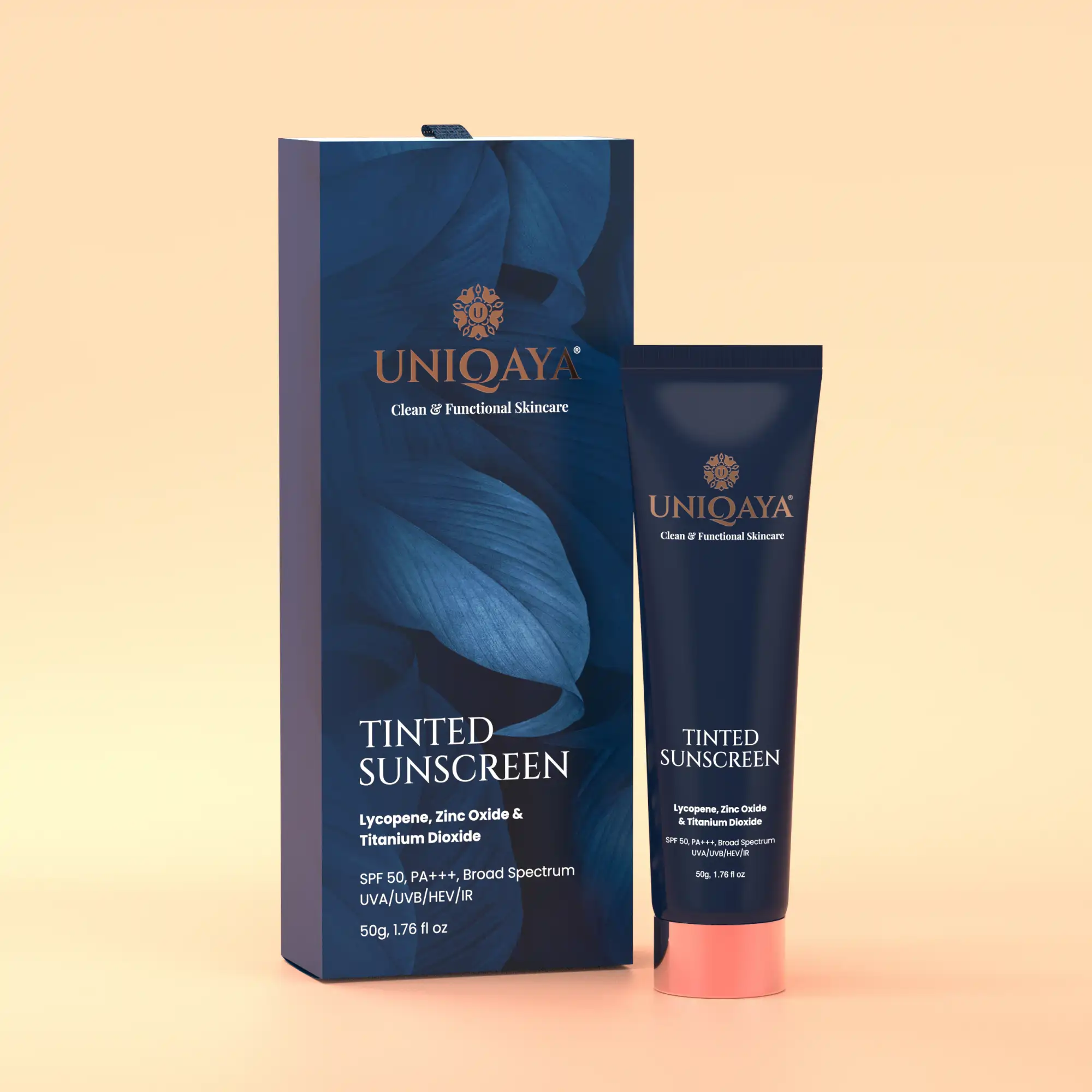

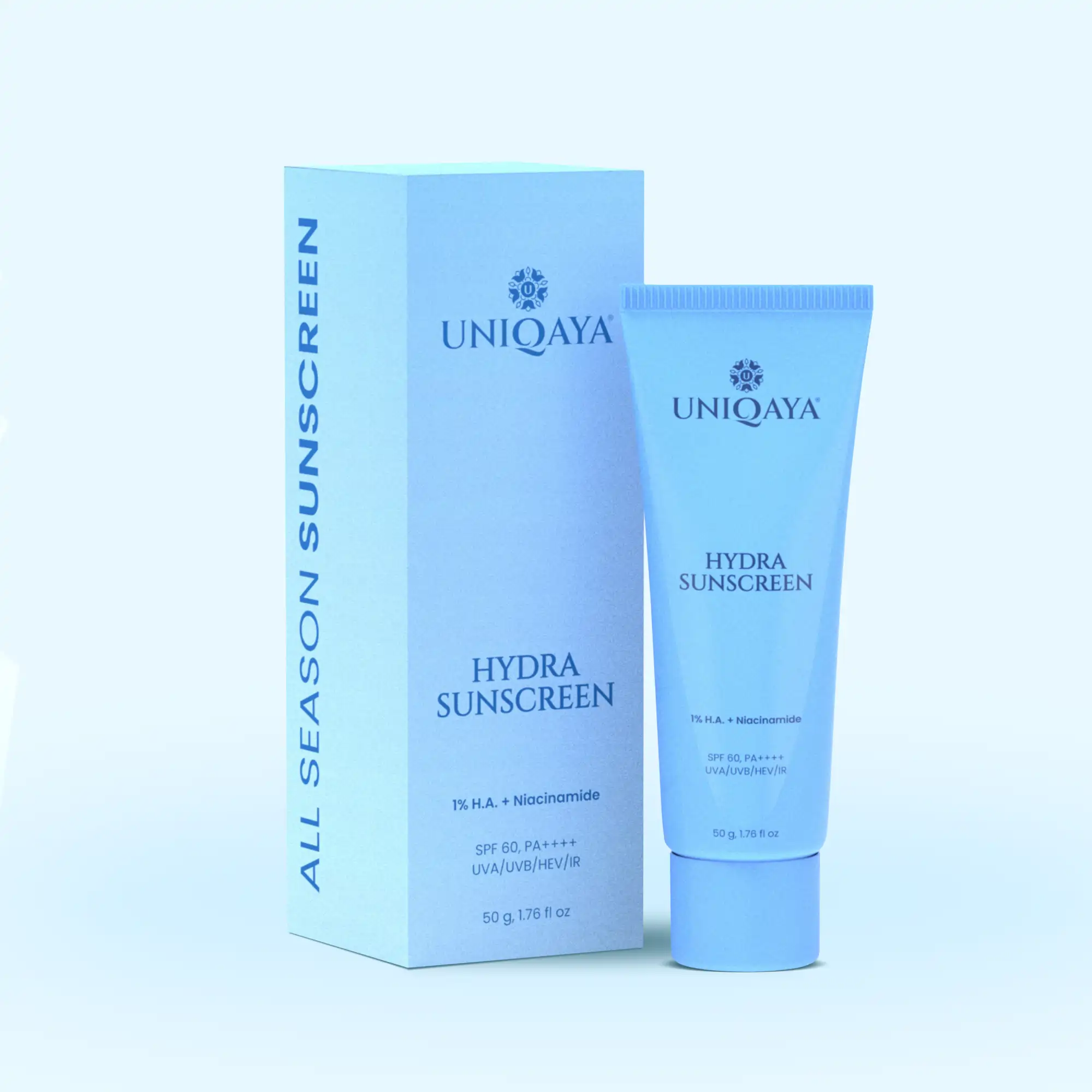

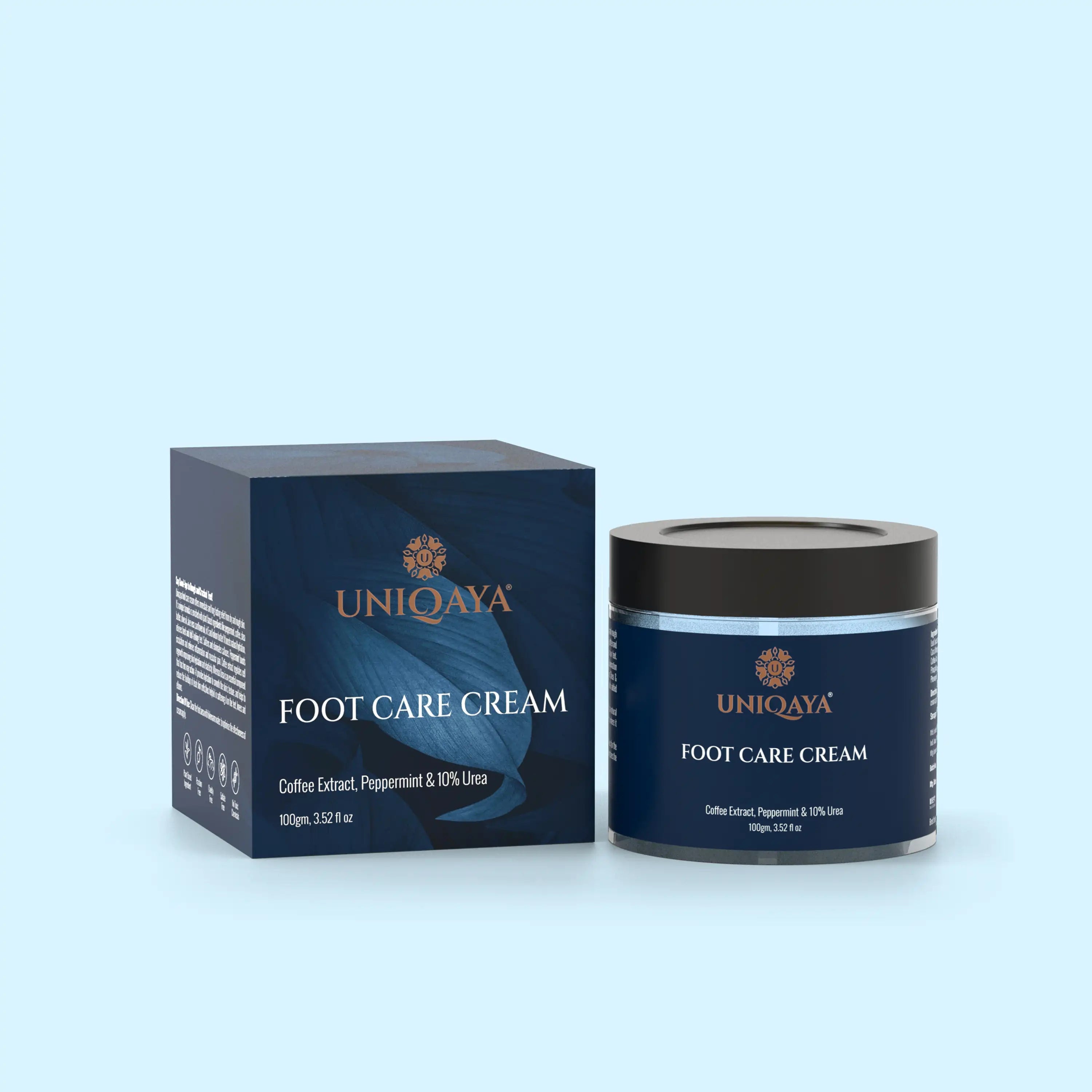

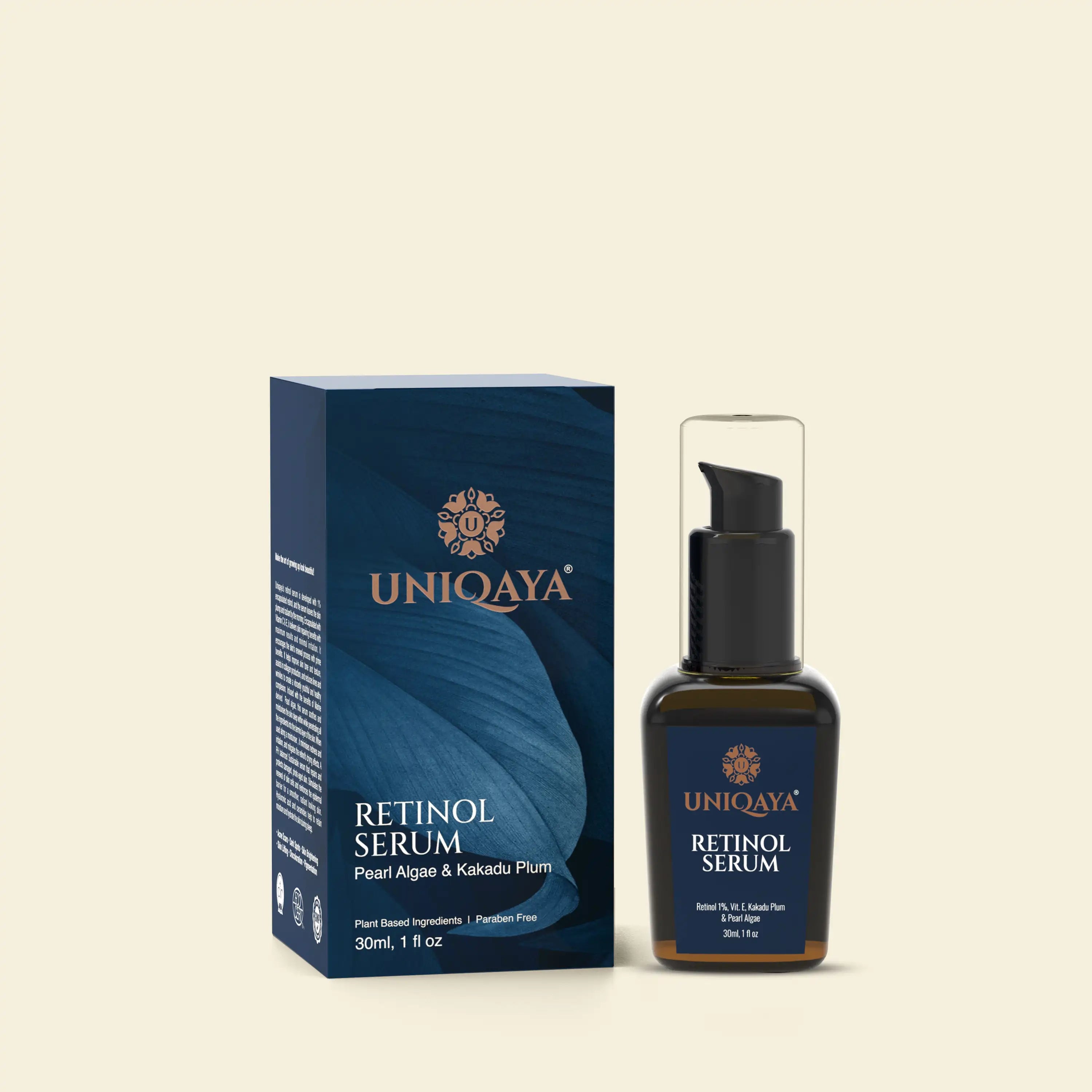

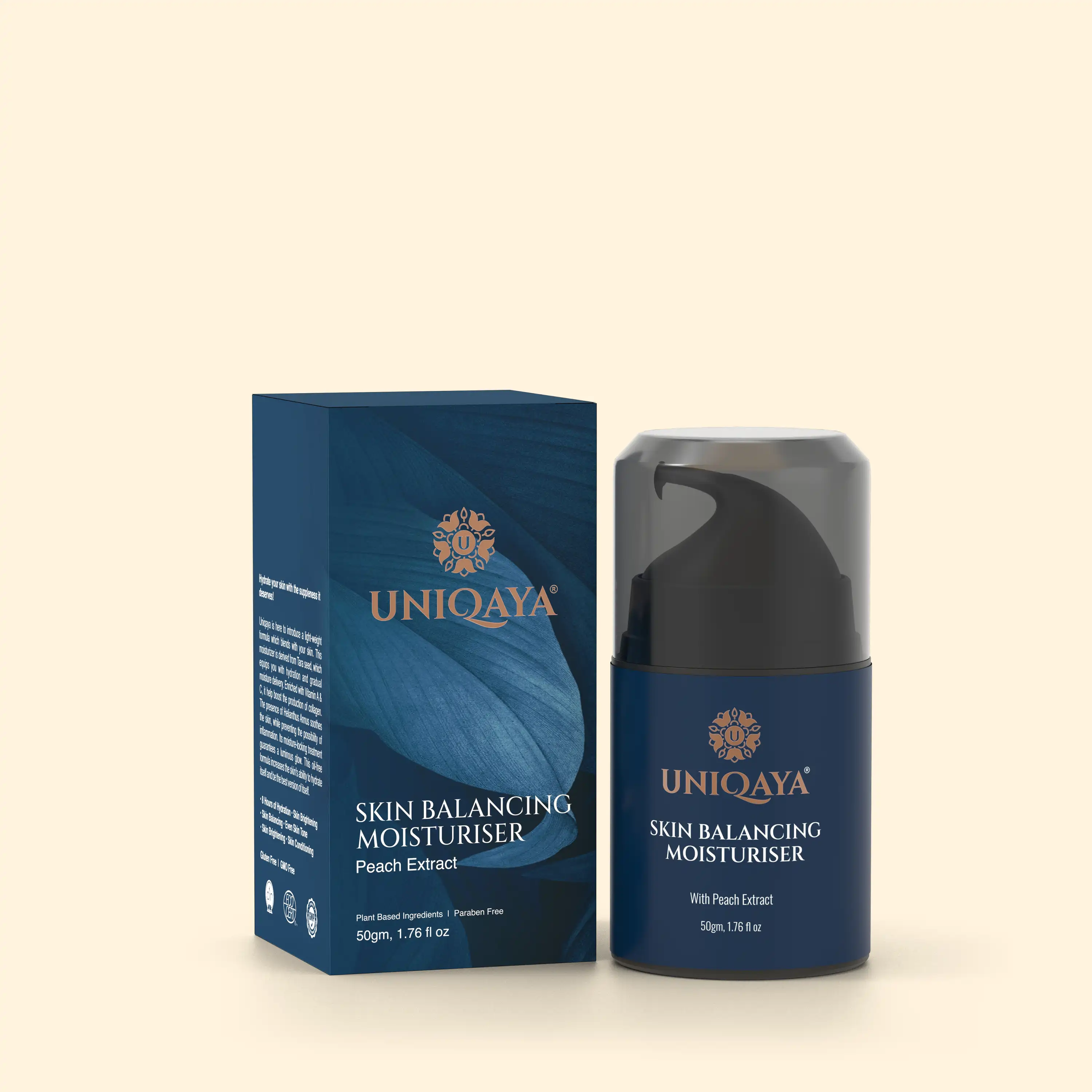
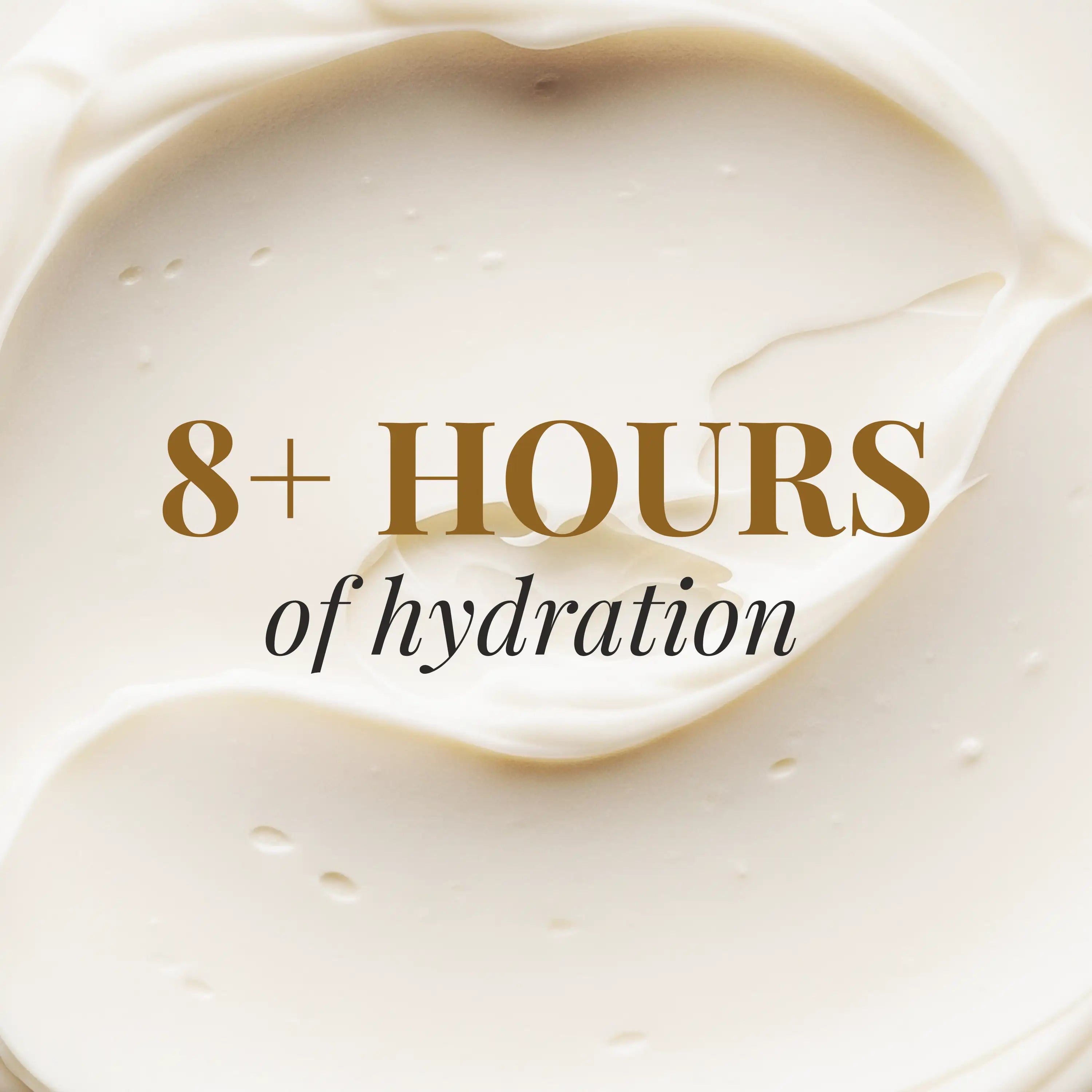
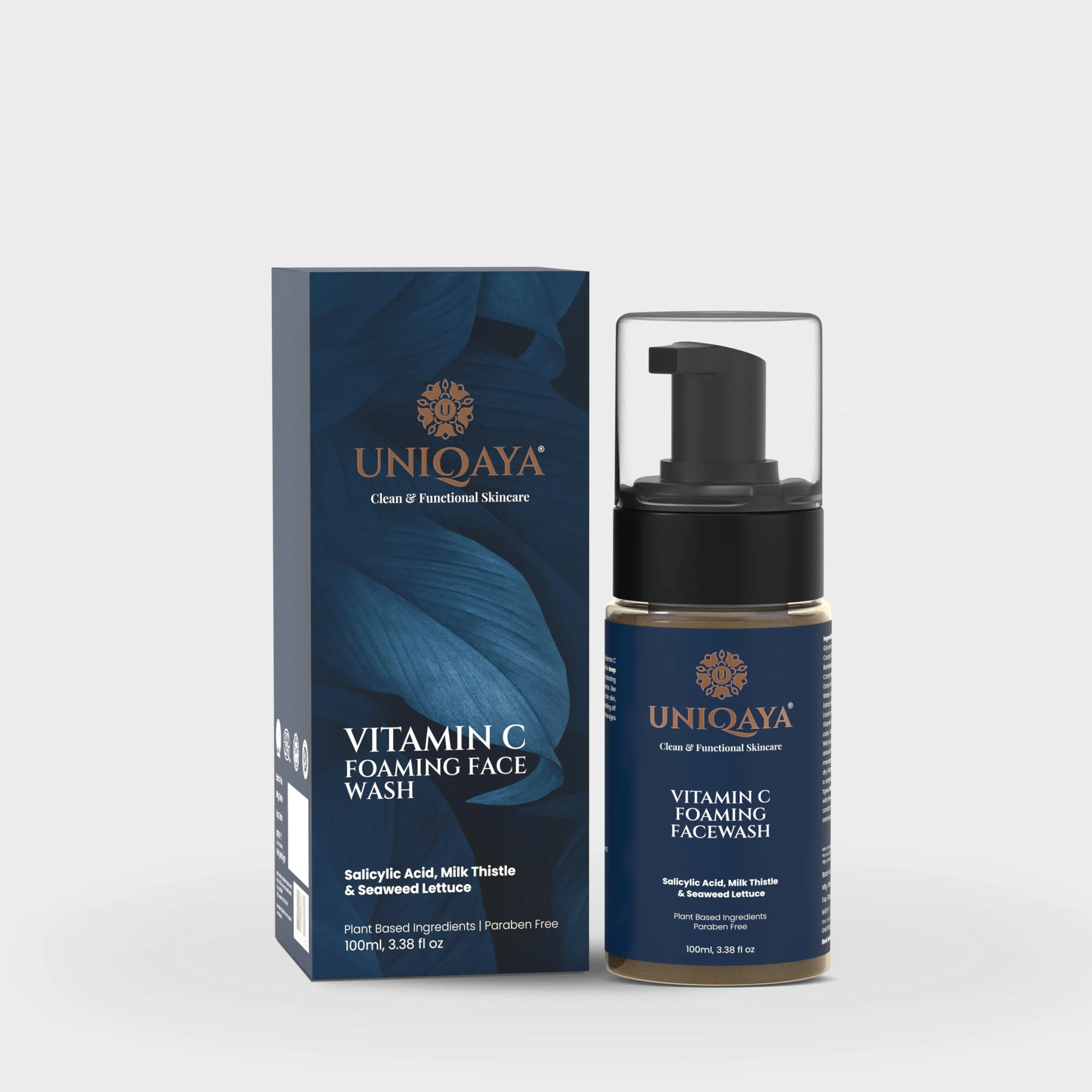

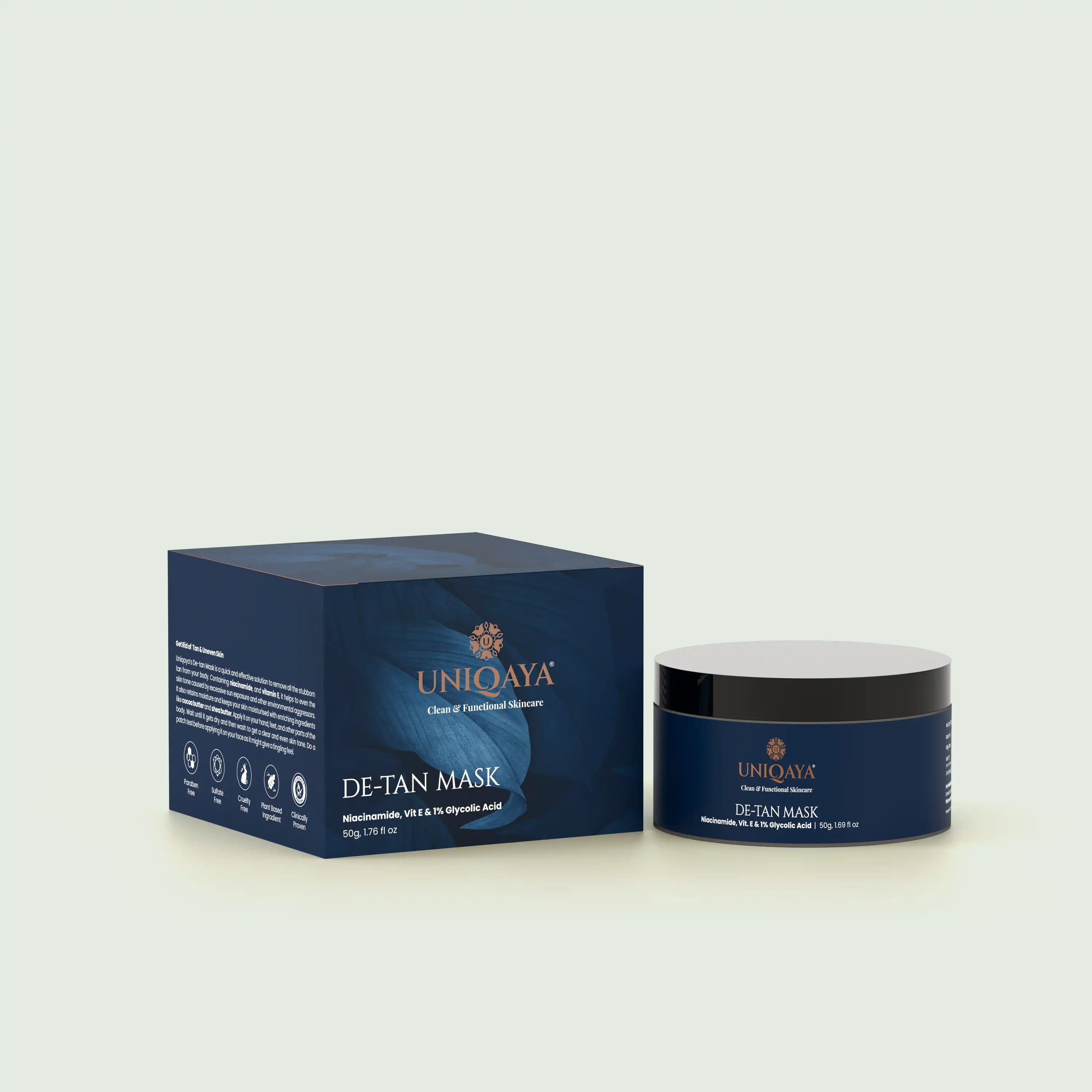

Leave a comment